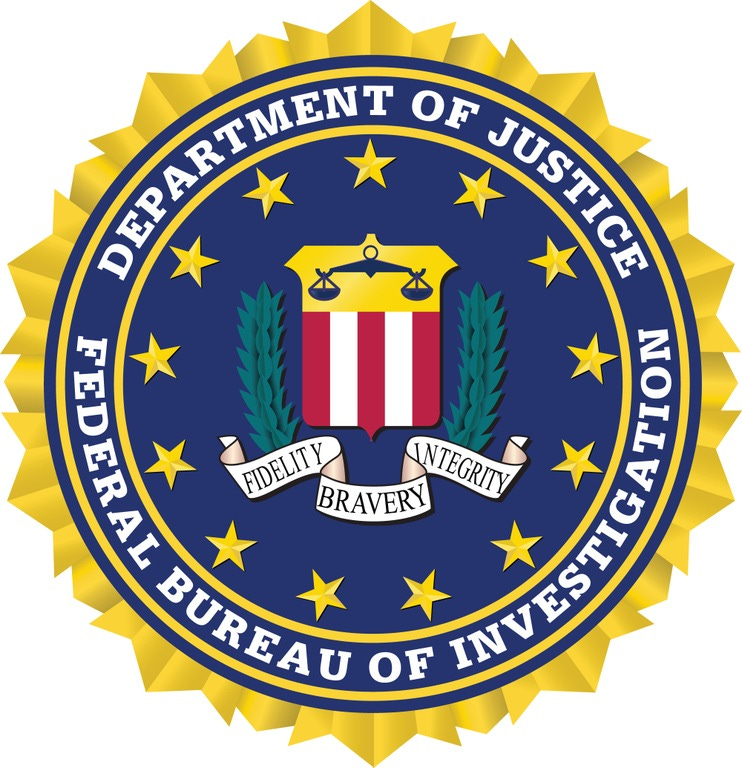What happens when the watchdog needs a watchdog?
Police Departments have a difficult job. They are given a lot of power over the population they police; the power to detain, the power to arrest, the power to open investigations, power to summons to court for minor violations, and even the power to kill when necessary. Over the years some law enforcement agencies have allowed practices to fester that were unfair, punitive, or simply illegal.
That’s when the FBI steps in.
But what happens when the FBI itself is guilty of similar conduct?

Whenever a law enforcement agency has violated laws and procedures to the extent that they have lost the faith of the people they are sworn to protect, an unusual civil procedure is implemented. The United States Department of Justice’s Civil Rights Division comes in and conducts a full analysis of the department in question. The DOJ then makes a series of recommendations for corrections and implements controls to ensure these new changes are properly complied with. The Department of Justice then creates a consent decree for the agency they are targeting for reform.
A consent decree is an agreement between the involved parties, submitted in writing to a court. Once approved by the judge, it becomes legally binding. The law enforcement agency in question must legally comply with this agreement to improve.
Essentially: this police department is now under the direction of DOJ.
In recent years the Department of Justice has implemented consent decrees on several major police departments. In 2001 they signed an agreement with the LAPD after the Rampart Division scandal. After the shooting of Laquan McDonald, the Chicago Police Department signed a consent decree in 2018 to improve training and policies. After the 2014 shooting of Tamir Rice, the Cleveland police signed a similar consent decree.
Deaths at the hands of police in Miami, Baltimore, Seattle, and Ferguson have resulted in consent decrees. New Orleans police also have agreed to one (frankly, because they really need it). Corruption and questionable use of deadly force are the events that sparked these interventions. There are currently 17 such decrees in effect.
Most people would demand that the Department of Justice step in with a consent decree If a law enforcement agency has;
o Repeatedly lied to courts to get search warrants and violated individuals’ 4th Amendment rights.
o Made potentially biased determinations on who to arrest without conferring with prosecutors.
o Ignored the subpoenas and mandates from legislators.
o Violated basic policy and procedure to open investigations on political candidates.
o Been credibly accused of interfering in elections.
o Had a history of spying on people they found unsavory.
o Used unnecessary force to arrest individuals for minor crimes.
o Never found use of deadly force to be improper in internal reviews.
o Repeatedly and knowingly released sensitive or classified information.
o Had several current and former upper echelon leaders dismissed or resigned for misconduct.
o Not disclosed their success rate in solving cases.
o Used a confidential informant who was a major organized crime figure and tipped him off to investigations by other agencies including the identities of witnesses (who were later murdered).
o Failed to properly investigate numerous leads and tips that later led to acts of terrorism or mass shootings.
o Investigated religious organizations and their members without explanation.
o Refused to answer basic questions about their conduct or internal procedures.
The Department of Justice doesn’t seem to be moving toward an intervention with this agency. It is not their usual target. This is not a police department working with limited resources to police a dangerous and violent inner city. It is not a group of wayward cops who have disgraced their badges after years of frustration and failure.
The agency described above is the FBI.
It is clear that the FBI has some problems and that these problems are probably systemic. J Edgar Hoover’s FBI engaged in a litany of legal violations, and we are still seeing many of those trends today.

The lack of candor and openness in the FBI is alarming. It seems like there is nothing they don’t mark as “classified,” thereby allowing them to obfuscate the truth. There is no disputing that our country’s most powerful and important law enforcement agency has lost the faith of many of the citizens of this country. These citizens have good reason for that opinion.
This is exactly why the Department of Justice needs to implement another consent decree — on the FBI. Attorneys and investigators from the DOJ have top secret clearance and can be “read into” even the most sensitive investigations, so as to ensure proper actions are taken. They can appoint monitors who are familiar with the federal system and can be granted appropriate clearances to view FBI data.
The DOJ, through a public and candid consent decree, can improve the credibility of the FBI. It can restore faith in its main constituent agency.
The Durham Report pointed to failures in that agency. It did not make recommendations. It did not implement changes. It was a fire-and-forget document. No follow-through to ensure improvements were made. The American people were just asked to trust this inherently untrustworthy agency to ensure the FBI makes effective changes… on its own.
A DOJ consent decree would help ensure the FBI stays on the straight-and-narrow going forward. It is a commonsense solution with no significant downside.
We would encourage Merrick Garland to start the process immediately.
We’re not holding our breath.

Thanks for reading The Ops Desk!









